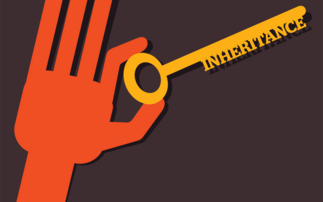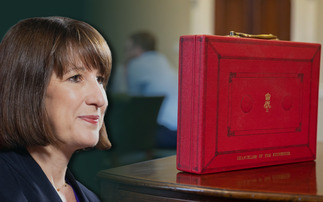Advisers often push clients to make a will, something that includes appointing executors. Here, lawyer Lilly Whale explores the role of an executor and offers guidance on the resulting responsibilities
Being selected to be an executor may appear to be a formidable task. It can require a large amount of work, and at times may seem overly complicated and time-consuming. This article is designed to give you some idea of an executor's duties and the major pitfall of not complying with the responsibilities that the role entails. What is an executor and what do they do? An executor is responsible for gathering together the details of an estate, settling any expenses, debts and inheritance tax (IHT) and then distributing the balance in accordance with the deceased's wishes. The executor ...
To continue reading this article...
Join Professional Adviser for free
- Unlimited access to real-time news, industry insights and market intelligence
- Stay ahead of the curve with spotlights on emerging trends and technologies
- Receive breaking news stories straight to your inbox in the daily newsletters
- Make smart business decisions with the latest developments in regulation, investing retirement and protection
- Members-only access to the editor’s weekly Friday commentary
- Be the first to hear about our events and awards programmes






